
|
MFC Project |
|
Usage of Microbial Fuel Cell Technology to Prevent Iron Release nearby Landfills in Northwest Florida |
|
Sponsored by the Hinkley Center for Solid and Hazardous Waste Management. Duration: September, 2009 to August, 2010. |
|
Objective: Landfill leachate is being blamed for elevated levels of iron observations in the groundwater from monitoring wells downgradient of landfills. The geomicrobial iron reduction processes are believed to be responsible for the iron release in the groundwater. Low cost technologies are in urgent need to prevent iron release nearby landfills. The objective of this study is to investigate the feasibility of the usage of microbial fuel cell (MFC) technology for landfill leachate decomposition, iron release prevention and possible power generation. For MCF applications nearby landfills, multiple physical, chemical and biological factors play important roles in determining MFC performances, which complicates the design of the MFC systems. For this research, landfill leachate collected from sixteen landfills located in Northwest Florida will be tested in a laboratory scale MFC to provide evidence that landfill leachate can be decomposed and electrons released from leachate decomposition in the anodic chamber can be transported and consumed in the cathodic chamber and consequently, electricity can be generated and iron release can be prevented. Based on the results of laboratory scale research, pilot applications will be tested to mimic real case scenarios nearby landfills. The proposed MCF technology will be of great benefit to landfills located in remote territories in terms of energy generation and environmental protection.
Rationale: MCFs have a number of potential uses. The first and most obvious one is to harvest electricity. Research on MFCs at present attracts dramatic attention since MCFs can directly convert a large diversity of organic compounds into electricity. The most exciting discoveries in the past few years in MFC applications are the development of MFCs that can harvest electricity from the organic matter in aquatic sediments. These discoveries make it possible for MCF applications nearby landfills in remote terrestrial locations. Using a MCF, electrons released during landfill leachate decomposition by intrinsic microorganisms transit the iron rich soil and are consumed by provided electron acceptors. Therefore, MFC applications nearby landfills not only generate energy, but also prevent iron release. At the same time, leaked leachate can be simultaneously bioremediated. |
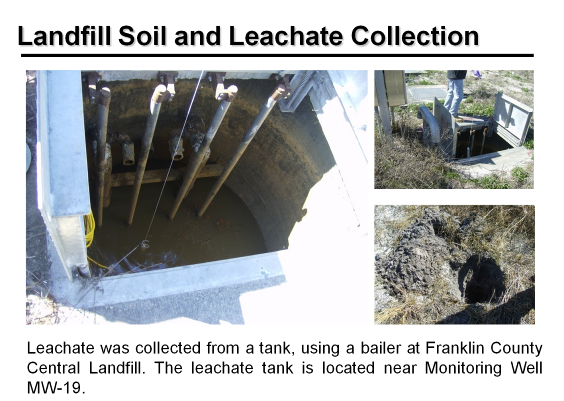
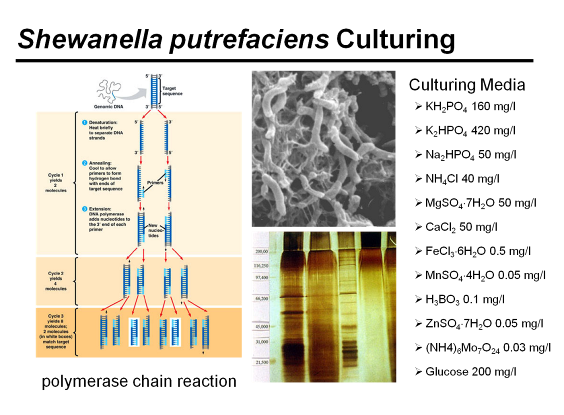
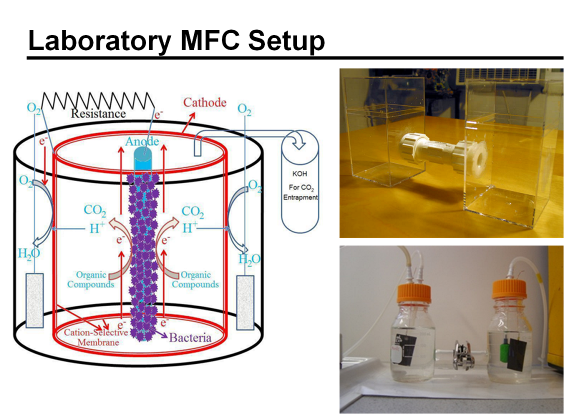
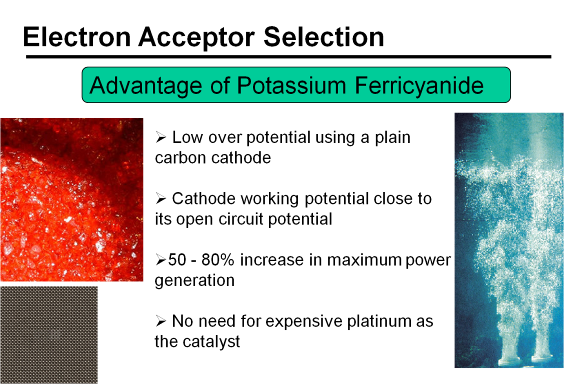
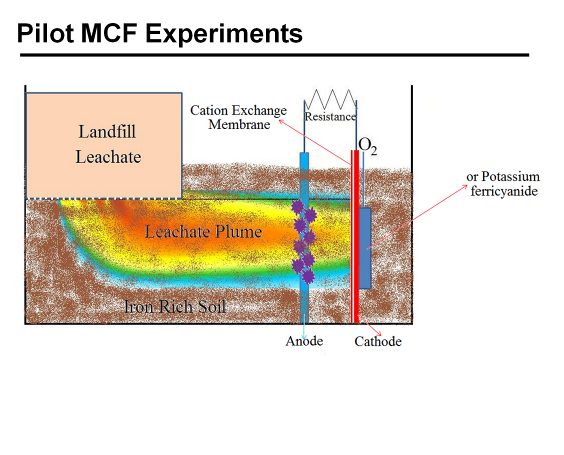
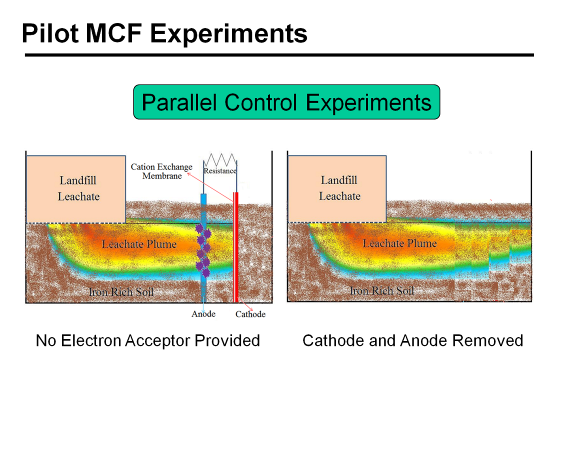
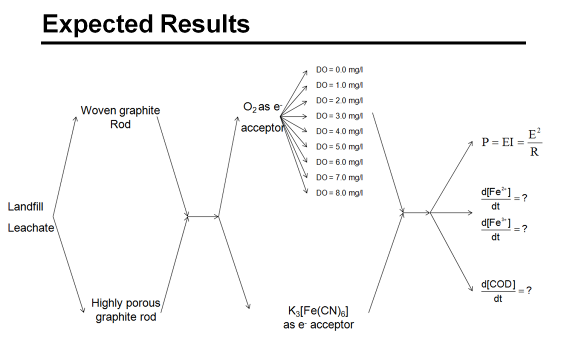
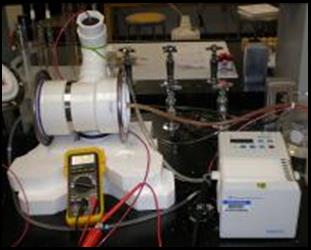
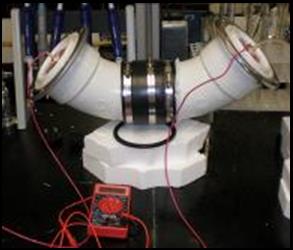

|
Gang Chen, Ph.D., P.E. |
|
Professor |